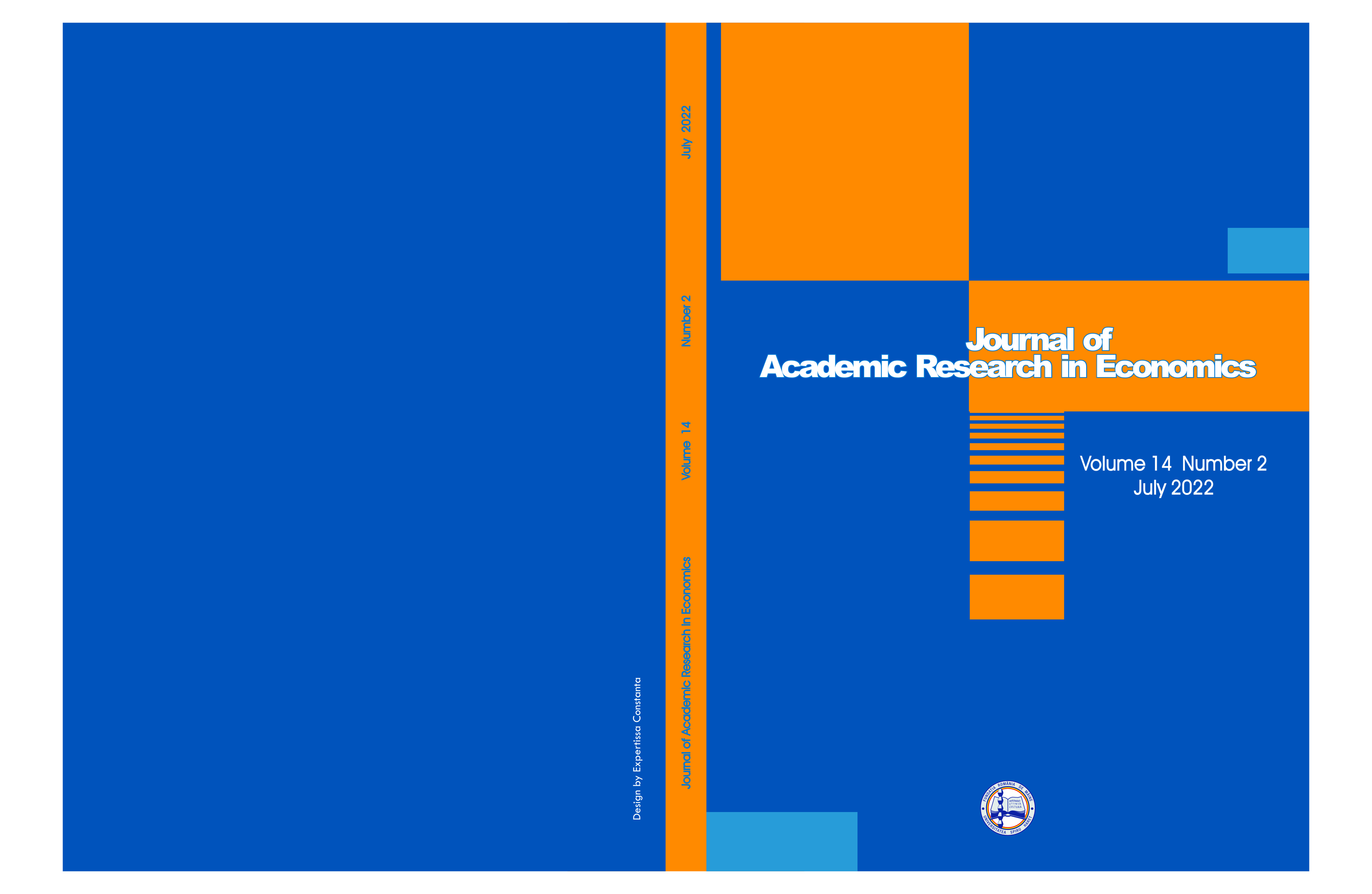PSYCHOLOGICAL CONTRACT BREACH AND ENGAGEMENT OF ACADEMICS IN TERTIARY INSTITUTIONS IN NIGERIA
PSYCHOLOGICAL CONTRACT BREACH AND ENGAGEMENT OF ACADEMICS IN TERTIARY INSTITUTIONS IN NIGERIA
Author(s): Darlington Osaremwinda Ogbeide, Blessing EtafoSubject(s): Business Economy / Management, Higher Education , Educational Psychology, Methodology and research technology
Published by: Universitatea SPIRU HARET - Faculty of Accounting and Financial Management
Keywords: Transactional psychological contract; Relational psychological contract; Balanced psychological contract; Engagement; Tertiary institutions;
Summary/Abstract: This study investigated the relationship between psychological contract breaches and the engagement of academics in tertiary institutions in Nigeria. The specific objectives were to investigate the influence of transactional, relational, and balanced psychological contract breaches on the engagement of academics in tertiary institutions in Nigeria. The study also examined whether the psychological contract breach experience among academics in public universities differs from the experience of academics in private universities. To achieve these objectives, a cross-sectional survey research design was adopted. This was done by using a structured questionnaire to collect data from 348 academics from public and private tertiary institutions in Edo State, Nigeria. The data collected from sampled academics were analyzed using descriptive and inferential statistics. The findings of the study are that transactional, relational, and balanced psychological contract breaches at both group and individual levels have a significant negative influence on the engagement of academics in tertiary institutions in Nigeria. Moreover, no significant difference in the level of psychological contract breach between academics in private and public tertiary institutions in Edo State was observed. Considering these findings, the study recommends that the government and management of tertiary institutions should fulfil the transactional and relational obligations or agreements they enter with academics. This can be done by releasing the earn allowance promise to academics, increasing their basic salary, training them in their current job, and providing them research grants. It can also be done by being committed to the long-term emotional well-being of academics, supporting them to develop externally marketable skills, and meeting new and challenging performance requirements that align with industrial standards.
Journal: Journal of Academic Research in Economics (JARE)
- Issue Year: 14/2022
- Issue No: 2
- Page Range: 195-227
- Page Count: 33
- Language: English
- Content File-PDF

